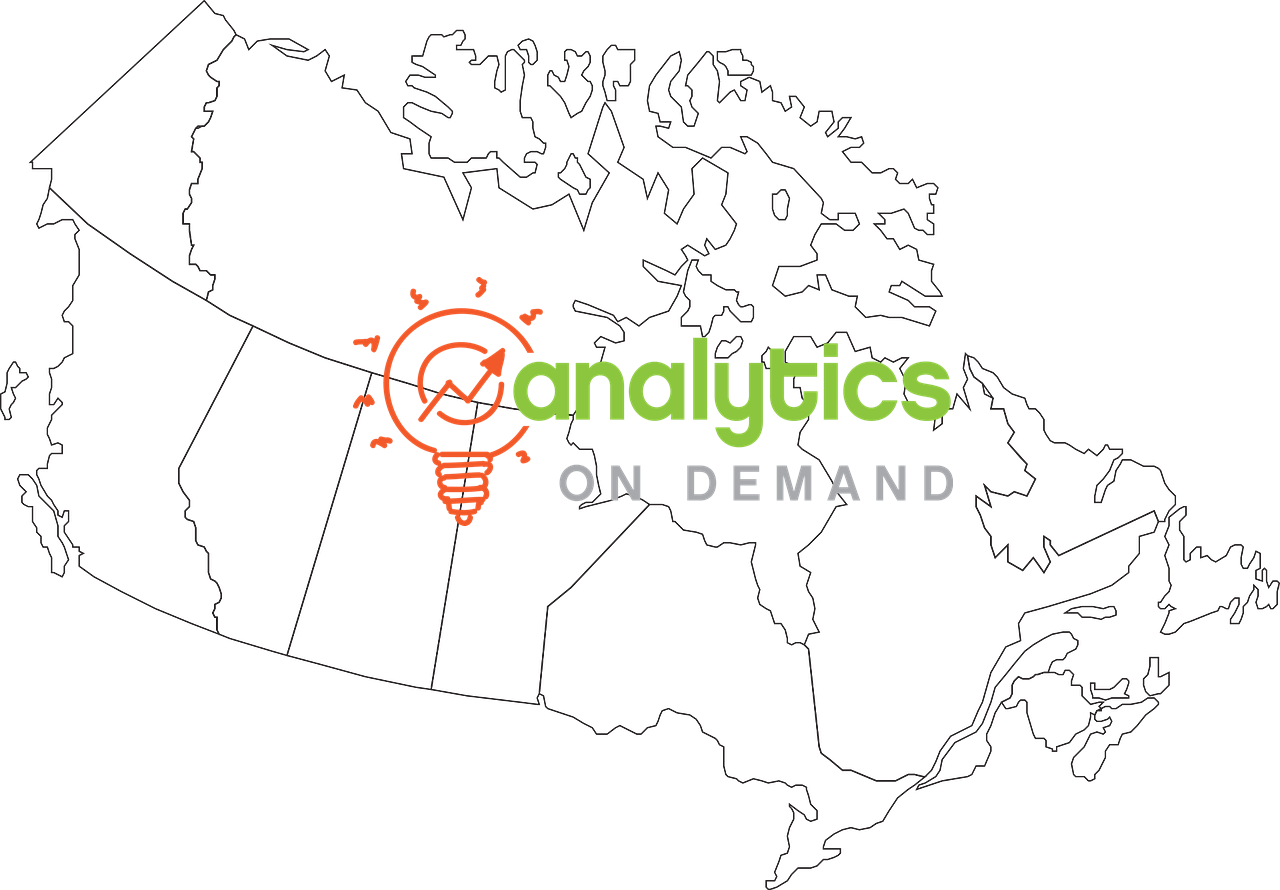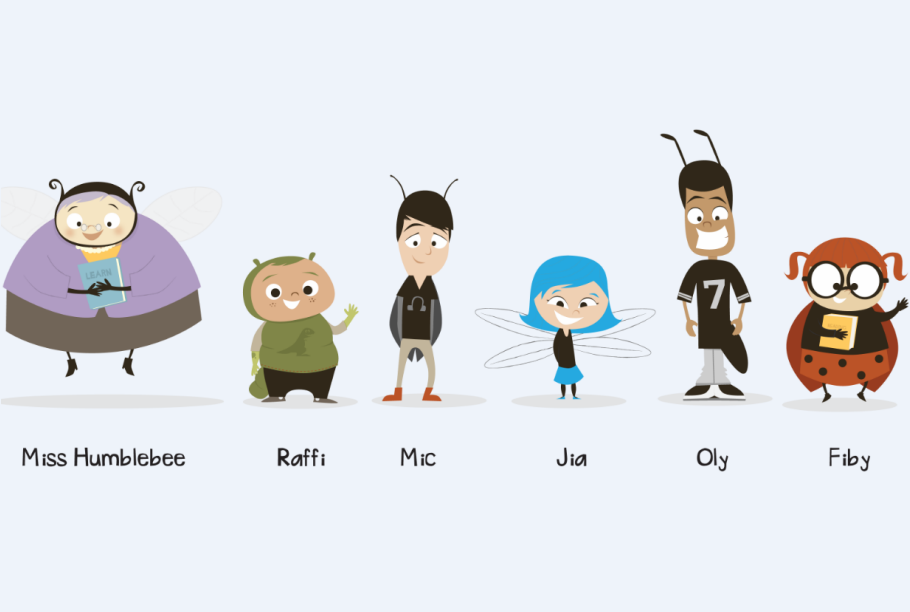By Tina Creguer
“In God we trust. All others must bring data.”
– W. Edwards Deming, famed statistician, professor, author
Every day, businesses across Canada use sophisticated data analytics to understand, predict, and gain insight into their customers’ behavior. But why should businesses have all the fun? Libraries have goals and missions to accomplish, and they, too need to understand their customers, er, patrons.
Gale now offers powerful new tools for Canadian libraries that will help them gain deep insight into patrons and improve the day-to-day decision-making and strategic planning. By tapping into your library’s existing data and combining it (in a secure environment) with demographic data using Environics’ PRIZM5 lifestyles profiles, Analytics On Demand helps you learn more about patrons, from income and life stages to online behaviors and preferred social media channels.
Read moreBringing the Power of Business Analytics to Canadian Libraries









